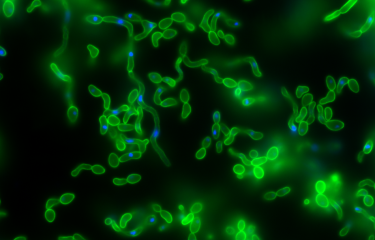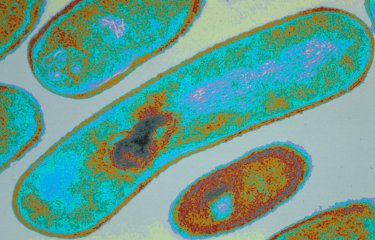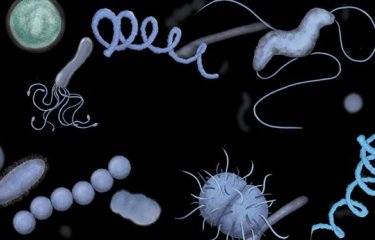Researchers at the Institut Pasteur and the Institut Cochin have demonstrated the presence of an immune memory in certain white blood cells that remain in the bladder. Although highly effective, this immune memory becomes much less so following the administration of antibiotics. This is an important discovery, as urinary tract infections continue to pose a major health problem.
Urinary tract infections affect nearly 150 million people each year, making them the second most common bacterial infection after respiratory infections. They have a high recurrence rate and can become chronic in some individuals. In a study published on May 26, 2023 in the journal Science Immunology, researchers from the Institut Cochin and the Institut Pasteur's Mucosal Inflammation and Immunity Unit looked at the human body's immune responses to bladder infections.
"We found that certain white blood cells, known as memory T cells, appear during an initial infection. These are called 'resident' cells because they develop in the bladder during infection and then stay there to fight subsequent infections," explains Matthieu Rousseau, a unit researcher and first author of the study. Moreover, the host's immune system transforms these lymphocytes so that they can recognize the bacteria causing the infection and eliminate them quickly and efficiently.
These highly effective defense cells, however, suffer from our treatment options . "We observed that antibiotics, depending on the timing of their use, can impede the development of these memory T cells. In the long term, bacteria can even become resistant to these antibiotics," says Molly Ingersoll, unit director and last author of the study. That is a double blow to this line of defense, and serves as a reminder that our intake of medication can have consequences for our health.
This study comes under the Antimicrobial resistance priority scientific area as part of the Institut Pasteur's 2019-2023 Strategic Plan.
Source :
Tissue-resident memory T cells mediate mucosal immunity to recurrent urinary tract infection, Science Immunology, 2023
Matthieu Rousseau, Livia Lacerda Mariano, Tracy Canton, and Molly A. Ingersoll





